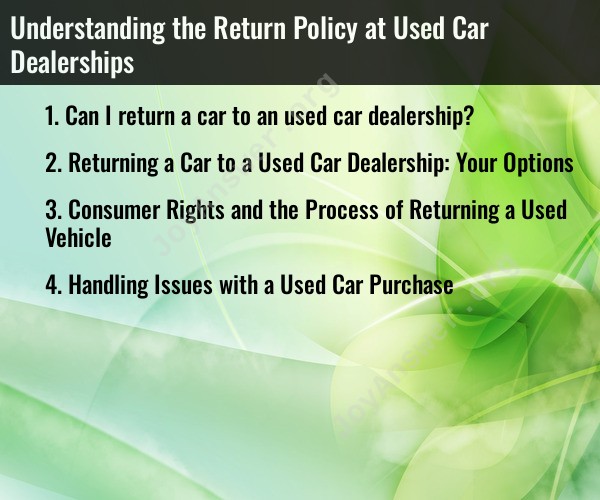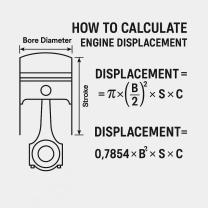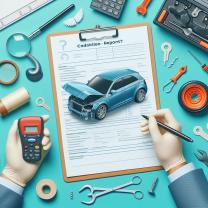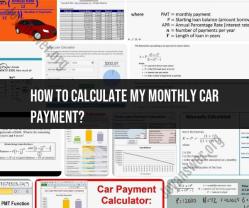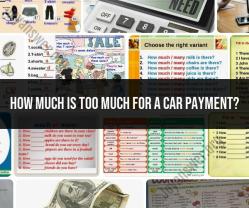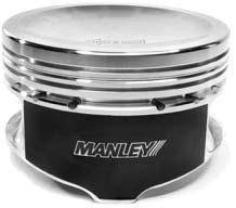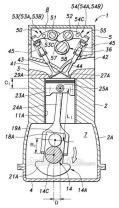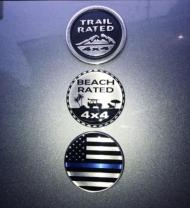Can I return a car to an used car dealership?
Returning a car to a used car dealership is typically more challenging than returning a product to a traditional retail store. The ability to return a used car depends on several factors, including:
State Laws: State laws regarding used car sales, lemon laws, and consumer rights vary, so it's essential to understand the specific regulations in your state.
Warranty: Many used cars are sold "as is," meaning there is no warranty or guarantee. In such cases, returning the car can be difficult. However, some used cars come with limited warranties or certified pre-owned (CPO) programs that may provide some protection.
Return Policies: Some dealerships have return policies, but they are often limited in terms of time and mileage. These policies are not standard, so it's crucial to ask the dealership about their specific return policy before purchasing.
Vehicle Condition: Returning a used car is more likely to be possible if you discover significant undisclosed issues with the vehicle that were not apparent during the initial inspection. However, you may need to prove that the problems existed before the sale and were not caused by your actions.
Documentation: Keep all documents, including the sales contract, any warranties, and any repair records. These can be crucial if you need to return a vehicle or make a warranty claim.
Negotiation: If you are unhappy with the car but the dealership does not have a return policy, it's worth discussing your concerns with the dealership. They may be willing to work with you to address your issues, such as providing repairs or possibly accepting a return with certain conditions.
Consumer Protection Agencies: If you encounter difficulties returning a used car and believe you've been treated unfairly, you can contact your state's consumer protection agency or attorney general's office for assistance and advice.
It's essential to thoroughly inspect a used car, get a trusted mechanic's inspection if possible, and carefully read and understand all contracts and warranties before purchasing. Additionally, always inquire about the dealership's return policy and familiarize yourself with state-specific laws to understand your rights and options in case you encounter problems with the purchased vehicle.
Returning a Car to a Used Car Dealership: Your Options
In most cases, you cannot return a car to a used car dealership after you have purchased it. Used car dealerships are not legally required to accept returns, and most have policies in place that prohibit them. However, there are a few exceptions to this rule.
Cooling-off period
Some states have laws that give consumers a cooling-off period after purchasing a used car. During this period, you can return the car for a full refund, no questions asked. The length of the cooling-off period varies from state to state, but it is typically two or three days.
Lemon laws
All states have lemon laws that protect consumers from buying cars with serious defects. If your used car develops a serious defect within a certain period of time or mileage, you may be able to return it to the dealership for a refund or replacement.
Dealer goodwill
Even if you are not legally entitled to return your used car, the dealership may be willing to take it back as a goodwill gesture. This is more likely to happen if you have only had the car for a short period of time and if there is something wrong with it.
Consumer Rights and the Process of Returning a Used Vehicle
If you are considering returning a used car to a dealership, it is important to understand your consumer rights. You should also be aware of the dealership's return policy.
Consumer rights
Your consumer rights vary depending on where you live. In most states, you have the right to a refund if the car is defective or if the dealership misrepresented the vehicle. You may also have the right to a refund if the dealership violated any consumer protection laws.
Dealership return policy
The dealership's return policy will outline the dealership's specific requirements for returning a used car. The policy may include information on the following:
- The length of the cooling-off period
- The conditions under which a car can be returned
- The restocking fee that may be charged
- The process for returning a car
Handling Issues with a Used Car Purchase
If you have a problem with a used car that you have purchased, you should first try to resolve the issue with the dealership. If you are unable to resolve the issue with the dealership, you may want to contact your state's attorney general's office or a consumer protection agency.
Here are some tips for handling issues with a used car purchase:
- Keep all of your paperwork, including the purchase agreement, warranty information, and any repair receipts.
- Document any problems with the car in writing. Include the date, time, and a detailed description of the problem.
- Contact the dealership in writing and request that they repair the car or provide you with a refund.
- If the dealership does not respond to your request or refuses to resolve the issue, you may want to contact your state's attorney general's office or a consumer protection agency.
